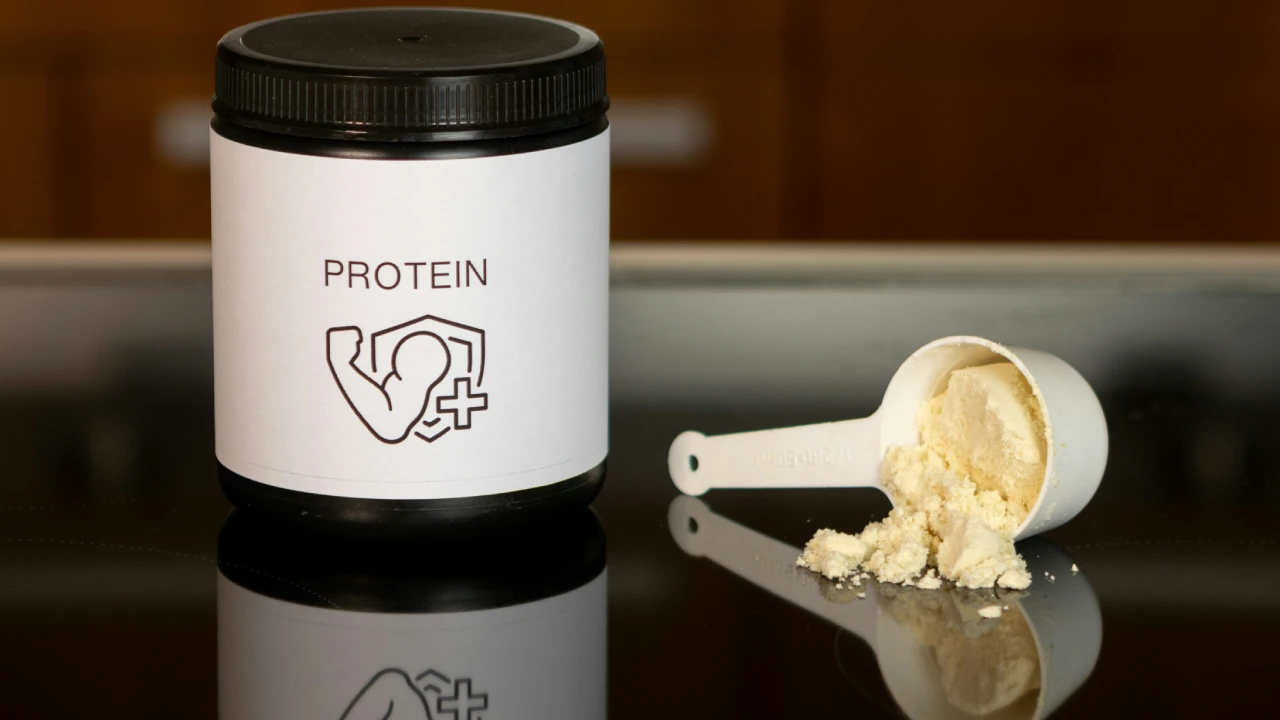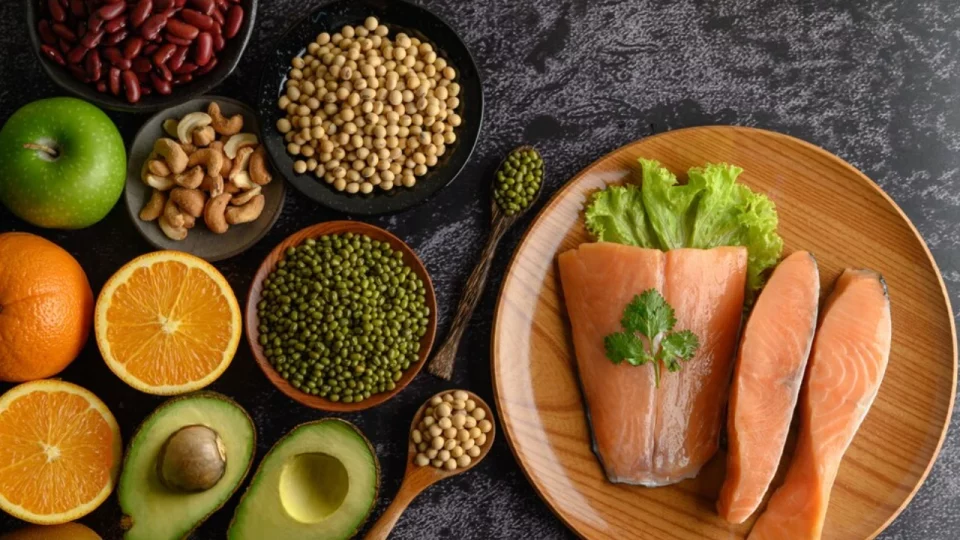Protein has become a buzzword in nutrition, celebrated for its role in weight loss, muscle building, and overall health. From gym enthusiasts to those aiming to shed a few pounds, protein-packed diets have taken center stage. But amid this hype, concerns have emerged: Can you consume too much protein? And if so, what are the consequences?
Protein is one of the three macronutrients essential for human survival, alongside carbohydrates and fats. It is composed of amino acids, the building blocks of life. These amino acids are crucial for the growth, repair, and maintenance of tissues, enzymes, hormones, and even immune functions.
The human body utilizes 20 different amino acids, some of which are classified as essential because the body cannot produce them on its own. These essential amino acids must be obtained through diet. Proteins play a foundational role in forming everything from muscles and skin to blood cells and internal organs.
Table of Contents
🥩Daily Protein Requirements
Determining how much protein you need depends on various factors, including age, gender, activity level, and overall health goals.
- General Guidelines:
- The Daily Value (DV) for protein is 50 grams for an average adult, based on a 2,000-calorie diet. This number provides a baseline for meeting your basic nutritional needs.
- Weight-Based Calculation:
- A more personalized approach uses a formula of 0.35 grams of protein per pound of body weight. For instance, a 180-pound individual would require approximately 63 grams of protein daily.
- Athletes and Bodybuilders:
- For those aiming to build muscle, recover from intense training, or sustain high physical activity, protein intake can be increased to 0.8-1.0 grams per pound of body weight.
- Upper Limit:
- While moderate increases are safe and effective, consuming more than 1 gram per pound of body weight may exceed what most people need.
Is There Such a Thing as Too Much Protein?
Yes, consuming excessive protein can lead to side effects, particularly if the intake far exceeds what the body can utilize. Protein that is not needed for immediate energy or tissue repair may be stored as fat or excreted as waste.
Here’s what happens when protein consumption crosses the line:
- Digestive Issues:
- Protein is harder to digest than carbs or fats. Overconsumption can lead to symptoms like bloating, gas, and constipation. This is especially true if dietary fiber from fruits, vegetables, and grains is insufficient.
- Kidney Strain:
- High-protein diets increase the workload on the kidneys, as they must excrete higher levels of nitrogen, a byproduct of protein metabolism. While healthy individuals can handle this, those with pre-existing kidney issues may face complications.
- Bone Health Concerns:
- Some studies suggest that excessive protein, particularly from animal sources, can lead to calcium leaching from bones, potentially increasing the risk of osteoporosis over time. However, this theory is debated, and adequate calcium intake may counterbalance this effect.
- Nutritional Imbalance:
- Focusing too heavily on protein often results in neglecting other macronutrients, like carbohydrates and fats, which are equally essential. This imbalance can lead to decreased energy levels and deficiencies in essential nutrients.
🏋Protein and Your Fitness Goals

Protein plays a pivotal role in achieving fitness goals, whether it’s weight loss, muscle building, or maintaining overall health.
- Weight Loss:
- Protein helps in weight management by increasing satiety—the feeling of fullness after eating. Diets rich in protein can reduce hunger and calorie intake, promoting fat loss while preserving lean muscle mass.
- Muscle Building:
- Muscles are primarily made of protein, so consuming enough is critical for growth and repair after exercise. Combining a high-protein diet with resistance training enhances muscle synthesis, leading to greater strength and size gains.
- Simultaneous Fat Loss and Muscle Gain:
- Known as body recomposition, this process requires careful balancing of calorie intake and macronutrients. Protein is a key player in maintaining muscle mass while shedding fat.
Common Myths About Protein
Despite its importance, protein is often surrounded by myths. Let’s debunk a few:
- “High-Protein Diets Cause Kidney Damage”:
- This claim applies primarily to individuals with pre-existing kidney issues. For healthy people, there’s no solid evidence that reasonable protein consumption harms kidney function.
- “You Can Only Absorb 30 Grams of Protein Per Meal”:
- While there’s a limit to how much protein your body uses for muscle synthesis at one time, excess protein still provides other benefits, such as energy or tissue repair.
- “Plant Proteins Are Inferior to Animal Proteins”:
- While animal proteins are complete (containing all essential amino acids), combining plant proteins, like beans and rice, can achieve the same effect.
